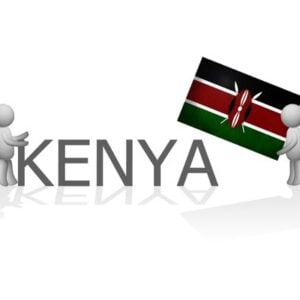Djibouti hosted a two-day technical workshop on 19-20 October 2025 aimed at strengthening Early Warning and Early Action (EWEA) systems, bringing together 25 representatives from national agencies responsible for risk assessment, early warning, and disaster management. Organized by UNDRR and facilitated by the CIMA Research Foundation, the workshop focused on integrating hazard, exposure, and vulnerability data to enable impact-based forecasting, targeted warning messages, and clear activation triggers, aligning with EW4All Pillar One. Mr. Ahmed Mohamed Madar, Djibouti’s executive secretary of disaster management, highlighted that consolidating risk knowledge is central to faster, coordinated, and more effective disaster responses.
Djibouti faces multiple climate- and weather-related hazards, including floods and droughts, with dense urban exposure and critical infrastructure concentrated in coastal and wadi areas. Strengthening end-to-end early warning systems is therefore crucial to protecting lives and livelihoods and advancing risk-informed development.
During the workshop, participants received a briefing on Djibouti’s EW4All Roadmap, outlining priority actions under Pillar 1 to close gaps across the four pillars of early warning systems. Hands-on data sessions allowed participants to work with disaster-loss datasets, hazard data, and maps of exposure and vulnerability, while applied modules focused on translating these insights into actionable preparedness and response measures. Collaborative scenario-building exercises defined the “window of opportunity” for anticipatory action, and sessions on messaging and triggers helped draft risk-informed alerts tailored to different audiences.
The workshop produced several immediate outputs, including a preliminary baseline scenario for priority hazards with exposure, vulnerability, and capacity layers, draft templates for targeted alert messages, and a first set of candidate early-action triggers for operational testing. Participants also agreed to refine a data-sharing protocol and designate an inter-agency task team, led by SEGRC with technical support from UNDRR and partners, to finalize Pillar 1 deliverables and scale anticipatory action.
This initiative brings Djibouti closer to achieving the EW4All goal of protecting everyone with multi-hazard early warning by 2027, while advancing the implementation of the Sendai Framework (2015-2030) through improved governance, risk-informed decision-making, and people-centered communication.






